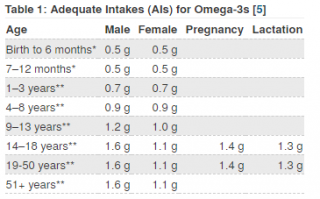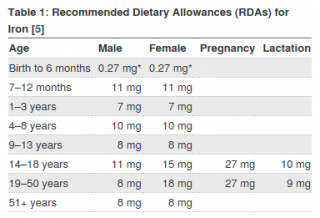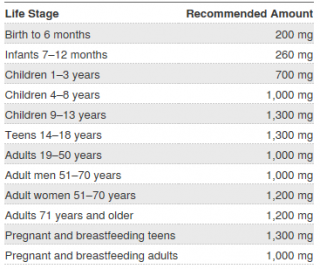By Rebecca Mason, RDN
It’s common for people to enjoy fish fries on Fridays for Lent around this time of year. But all that frying packs a punch on your poor arteries. Plus, the process of frying can kill off some of the amazing nutrients found in fish. Let’s take a deep dive into the top five nutrients fish provides below—maybe it’ll inspire you to stay away from the fish fry.
Nutrient: Protein
Why we need it: Protein is an essential building block for every part of our bodies. As different as bones, hair, hormones and muscles may seem, they all have one thing in common: protein.
Michigan fish to try: Perch. Just 3.5 ounces of perch provides about 25 grams of protein, and it’s also a great source of potassium and phosphorus. Try these grilled perch skewers at your next family cookout!
Nutrient: Omega 3’s
Why we need it: Omega-3 fatty acids come from a variety of sources, like fish, shellfish, flax, nuts and seeds. Two types of omega-3, DHA and EPA, are highest in fish and other shellfish. Omega-3 has been associated with improved eye health and reduced triglycerides, lower blood pressure and increased good cholesterol or HDL. They are also important in the brain development of infants. Omega-3 may also help reduce the risk of certain cancers and inflammation. Clearly, a little goes a long way as adults ages 19-50 need about 1.1-1.6 grams of omega-3 fatty acids per day.

Michigan fish to try: Salmon. Depending on the source of the salmon, a 3.5 ounce serving will provide about 1.1-1.9 grams of omega-3. Try this fun spin on salmon burgers for a quick weeknight dinner.
Nutrient: Vitamin D
Why we need it: Many of us associate vitamin D with bones. Not only does vitamin D help our bodies absorb calcium and phosphorus, it also benefits our immune system, heart health and muscles. A lack of vitamin D is also associated with high blood pressure, diabetes, Alzheimer’s and depression. Average daily recommended amounts of vitamin D are 600 IU (International Units) for persons ages 1-70 years, and 800 IU for pregnant or breastfeeding women or adults 71 and older.
Michigan fish to try: Trout. Trout is a common catch in our Michigan waters, and farmed rainbow trout contains 635 IU vitamin per 3.5 ounce serving. Get a boost in your vitamin D and serve fish in foil on your next camping trip. They’re easy to cook over the fire or on the grill, and clean-up is a breeze!
Nutrient: Iron
Why we need it: Iron is a necessary component of hemoglobin in red blood cells, which occur throughout your body. Hemoglobin represents about two-thirds of the body’s iron. Without adequate iron your body can’t make enough healthy oxygen-carrying red blood cells. A lack of red blood cells is called iron deficiency, which can cause fatigue, tiredness, memory problems and decreased physical performance. We also need iron from healthy metabolism, growth and synthesis of hormones and connective tissues. Iron needs vary based on stage of life and gender.

Michigan fish to try: Bass. A 3.5 ounce serving of bass will provide about 14% of the RDA of iron. Impress a loved one with this bass with potato-cauliflower puree for a date night in.
Nutrient: Calcium
Why we need it: Calcium is essential in the formation of strong bones and teeth. The body uses calcium when muscles move; it helps nerves to carry messages to the brain and also helps release hormones and enzymes. The amount of calcium needed varies depending on age, but calcium is best absorbed in doses of 500 mg or less, making it important to divide doses or eat a variety of calcium rich foods throughout the day.

Fish to try: Walleye. A 3.5 ounce serving of walleye contains about 110 mg of calcium. Pair this baked walleye with a serving of broccoli or sautéed kale and you’ll consume 25% of your daily recommended calcium in no time.
About the Author: Rebecca Mason, RDN, is a registered dietitian/nutritionist and product specialist in the Wellness Department at Priority Health. She is passionate about helping families and individuals improve their health through nutrition education and nutritious food access. Rebecca is certified in adult weight management, and has a background in both clinical nutrition and wellness programming.


